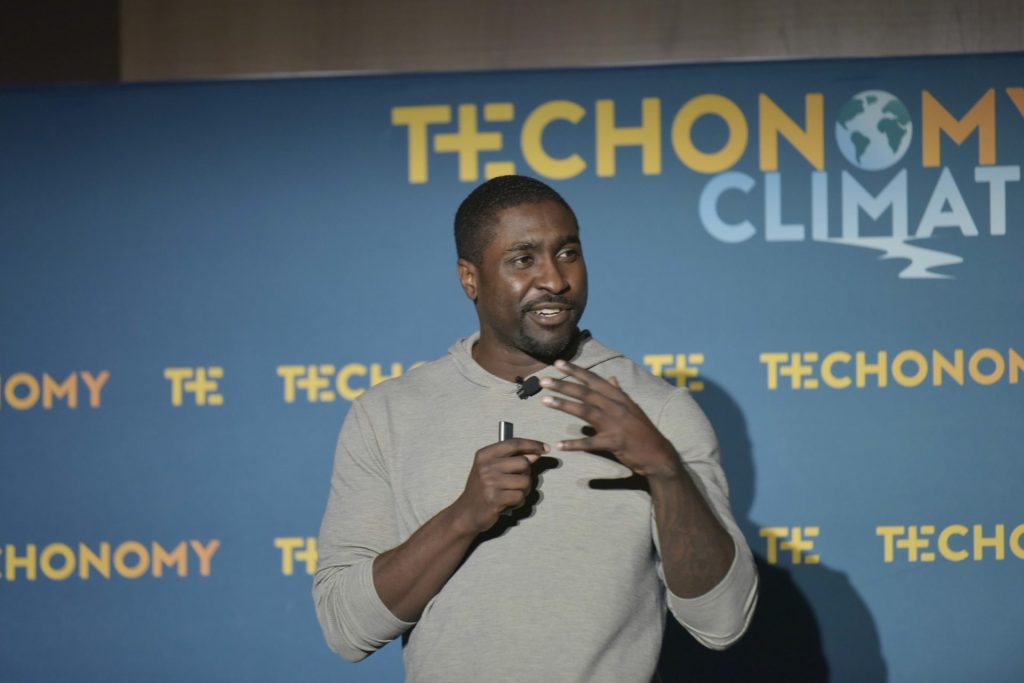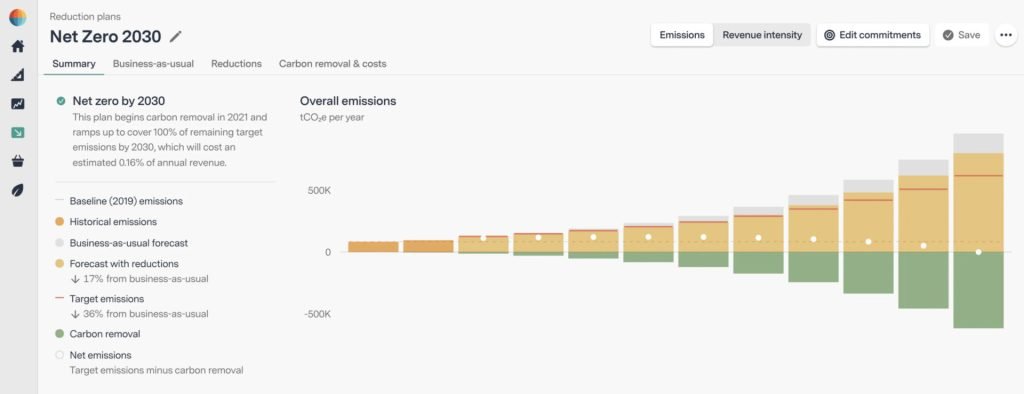The critical takeaway from the Techomony Climate Summit is that we are not doing well. While it is still technically possible to meet the goals set in the Paris Climate agreement, the odds are we will miss the Paris Climate Goals; the question is how badly. The good news is that climate action has now gathered the full attention of government officials, investors, technologists, and big businesses. There is money to be made in climate action, and hopefully, that is enough to save the planet.
“This is the biggest investment opportunity in history,” said Bill Gross, the founder of Idealab and a venture capitalist who has been investing in “cleantech” and climate-oriented startups for more than 20 years, with varying degrees of success. But things are different now. More VC money is available, there is more government support, and simply more talent flowing into the sector. “This is bigger than the industrial revolution,” he says.

One new class of startups is focused on the carbon accounting business. These companies will enable businesses to measure, manage, and reduce their carbon footprint. And there were a lot of them in attendance at the conference, including startups like Persefoni and Watershed, and giant ERP firms, like IBM and Salesforce.

James Newsome, the Chief Data Officer at Persefoni (above), called carbon the “invisible cost of doing business.” The problem is primarily a data problem and is best managed by the Chief Revenue Officer instead of the CTO. “We are really creating an accounting platform,” Newsome says. “It needs to be auditable, and it needs to be transparent.”
Tracking carbon footprint went from progressive public relations to essential business reporting last week when the SEC announced a framework that would require public companies to track and report this output. Indeed, Newsome said Persefoni consulted with the SEC on the proposal. Similar regulations are already in effect in the EU. At this point, the question isn’t if public companies will have to report their carbon footprint, but when.

This is why IBM bought the Australian carbon analytics firm Envizi just a few months ago. “We didn’t know the SEC would make those proposals, but we kind of thought they might,” according to Deborah Magid, Director, Software Strategy, IBM Ventures.
New regulations have a history of spurring technological innovation, Magid explains. HIPAA and GDPR jumpstarted hundreds of new tech companies. Magid says, “There are huge, huge opportunities for startups when new regulations are released.”

Another new startup is Watershed, which was started by former Stripe executives. Watershed has already built carbon tracking dashboards for companies including Airbnb, Zendesk, Vimeo, Everlane, and Sweetgreen (also, Stripe!) “The thing our customers have in common is going beyond just measuring their carbon graph, and they want to bend their carbon graph”, according to Taylor Francis, a Watershed co-founder.
It is still early for the carbon tracking business. Best standards and practices are still evolving. Given the scale of the projects, I’m inclined to give big software providers the advantage of startups here, at least in the long term. These companies are attempting to track not just a company’s individual carbon footprint but the “shadow footprint” that includes all of its suppliers and customers. That requires scale and interoperability that doesn’t exist today.
The good news is that the tools are here, regulations are coming, and progress is underway. At least some of us are looking up.















